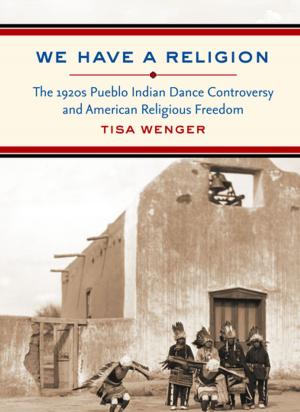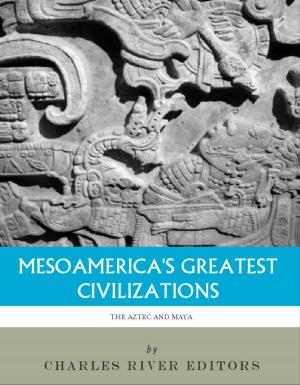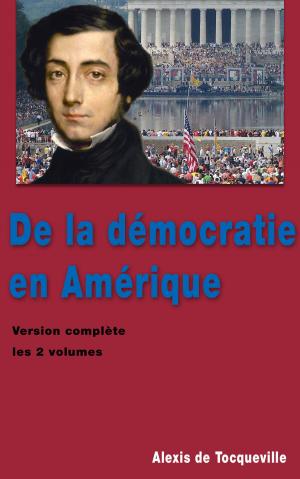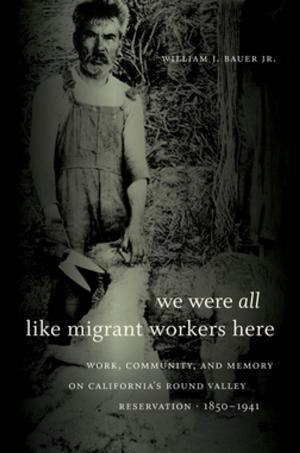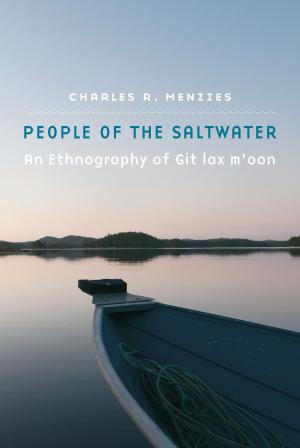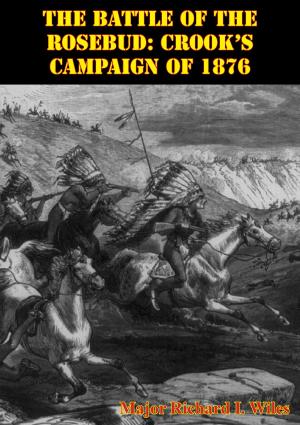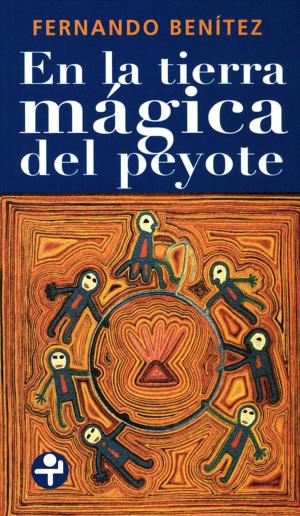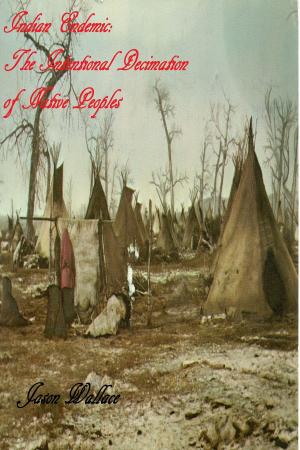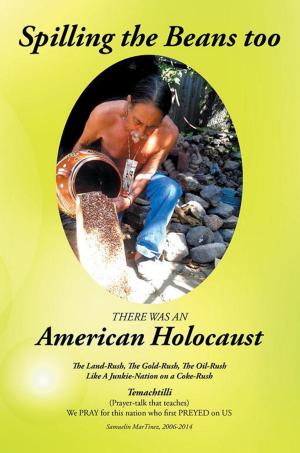Customs of the American Indians Compared with the Customs of Primitive Times, volume I (Publications of the Champlain Society, volume 48)
Nonfiction, History, Americas, North America, Canada, Native American| Author: | Latifau Joseph François | ISBN: | 9781442618053 |
| Publisher: | Champlain Society | Publication: | December 1, 2013 |
| Imprint: | Language: | English |
| Author: | Latifau Joseph François |
| ISBN: | 9781442618053 |
| Publisher: | Champlain Society |
| Publication: | December 1, 2013 |
| Imprint: | |
| Language: | English |
Joseph François Lafitau is acknowledged as one of history’s most significant and interesting figures in the field of ethnology. Regarded as one of the first modern ethnographies, Customs of the American Indians Compared with the Customs of Primitive Times, a publication of the Champlain Society, reflects the emphasis Lafitau placed on viewing existing native cultures in a scientific manner through comparing the practices and values of natives with people of antiquity. In Volume I of this collection, Lafitau embraces traditional ethnology practices by organizing his findings in priority sequence in order to effectively address the concerns of the previous two centuries. Providing an extensive history of the origin of the original American settlers, Lafitau proceeds to explore native culture with a focus on religion, political government, and marriage and Education. Through his observations, Lafitau delineates the Iroquois kinship system, determines the universality of marriage as an institution, and reveals the governing role of the Village Council of Elders. This volume serves as an English translation of one of the first anthropological studies ever conducted while simultaneously educating its broadening audience of the cultural traditions of North America’s original settlers.
Joseph François Lafitau is acknowledged as one of history’s most significant and interesting figures in the field of ethnology. Regarded as one of the first modern ethnographies, Customs of the American Indians Compared with the Customs of Primitive Times, a publication of the Champlain Society, reflects the emphasis Lafitau placed on viewing existing native cultures in a scientific manner through comparing the practices and values of natives with people of antiquity. In Volume I of this collection, Lafitau embraces traditional ethnology practices by organizing his findings in priority sequence in order to effectively address the concerns of the previous two centuries. Providing an extensive history of the origin of the original American settlers, Lafitau proceeds to explore native culture with a focus on religion, political government, and marriage and Education. Through his observations, Lafitau delineates the Iroquois kinship system, determines the universality of marriage as an institution, and reveals the governing role of the Village Council of Elders. This volume serves as an English translation of one of the first anthropological studies ever conducted while simultaneously educating its broadening audience of the cultural traditions of North America’s original settlers.


